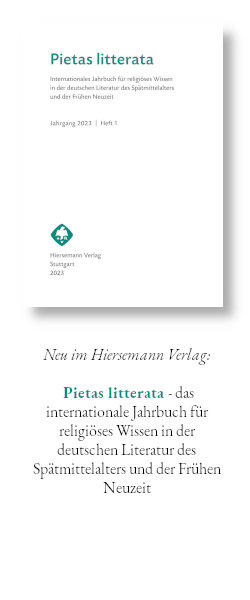Ritual books of magic: A first survey on the tradition of the ›liber sacer‹ (holy book) and the ›liber consecrationis‹ (book of consecration) in medieval sources and early modern manuscripts
DOI:
https://doi.org/10.36191/mjb/2022-57-2-4Schlagworte:
medieval learned magic, pseudo-Solomonic literature, ritual books, manuscript sources, material culture, editionAbstract
The learned magicians of the Middle Ages used a wide range of physical instruments in their rituals. Among them a special typology of book stands out, called ›liber sacer‹ or ›liber sacratus‹ (›sacred‹ or ›consecrated book‹), that served as a media of divine power in the summoning of spirits.1 Books of this kind were considered particularly execrable by censors and no single specimen seems to have survived. Even so, the history of their tradition, their features, use and meaning in magic theory can be reconstructed by means of several texts internal and external to the magic literature. Some major collections also contain manuscripts in which the contents of single sacred books are copied. This study offers a first outline on the subject, together with the edition of one text of the ›liber sacer‹ tradition, called De modo ministrandi librum sacrum (On the use of the sacred book).


